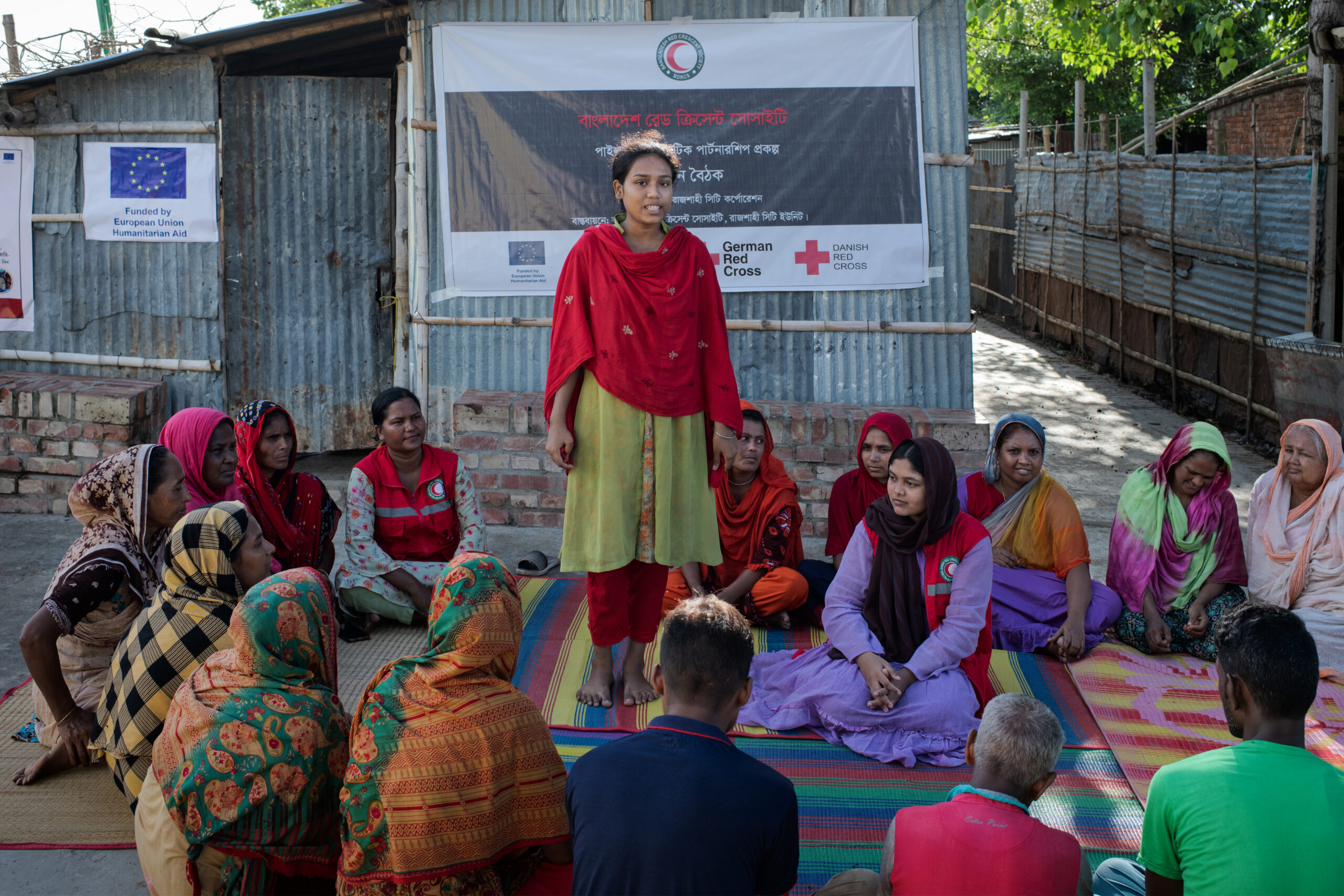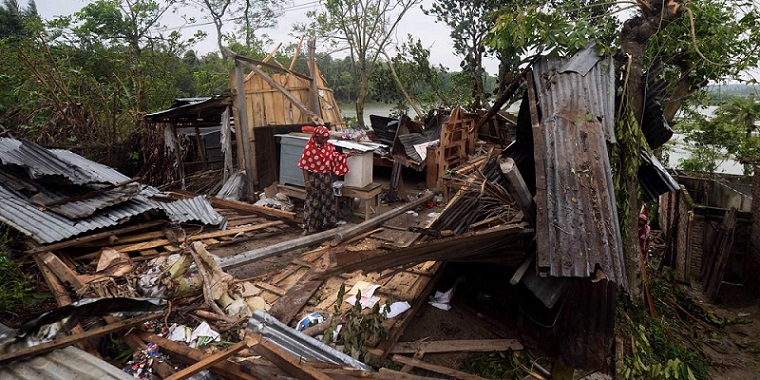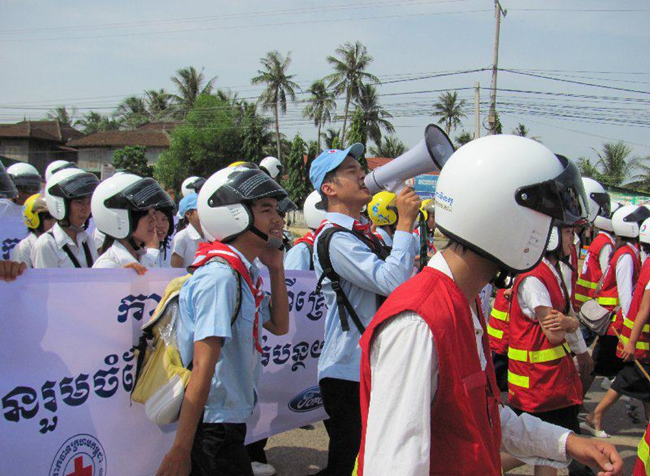Cities and climate resilience: reflections from the World Urban Forum 2024
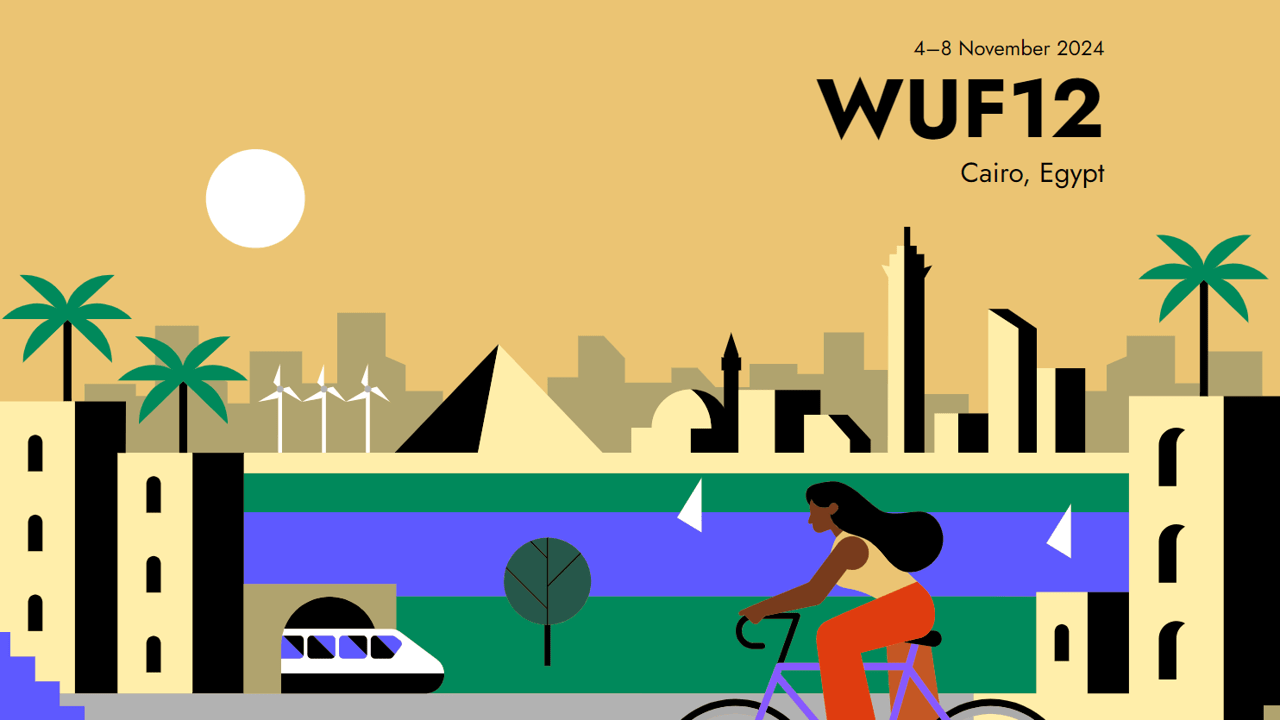
Following the conclusion of COP29 this week, a critical area of discussion in climate mitigation and adaptation is the role of the urban context. While urban areas are responsible for the majority of global carbon emissions, they are also adversely impacted by the effects of climate change, including extreme heat and the urban heat islands effect. At the centre of another major global event held this month, the World Urban Forum, was the idea that urban communities represent both a challenge and opportunity for transformative resilience building.
The World Urban Forum WUF12, the premier global conference on sustainable urbanization, took place in Cairo, Egypt, from 4 to 8 November 2024. Convened by UN-Habitat, WUF12 welcomed over 24,000 participants from 182 countries, including government leaders, experts, private sector entities, UN and International Organizations, and civil society actors, among others. Representatives from the Red Cross Red Crescent and International Federation of Red Cross and Red Crescent Societies (IFRC) attended and presented at WUF12, sharing experiences from the Urban Climate Resilience Program and the Zurich Climate Resilience Alliance, as well as more widely from the IFRC’s Global Shelter Cluster, regional urban focal points and Red Cross Red Crescent National Societies from Egypt, Mexico, Spain and Tanzania.
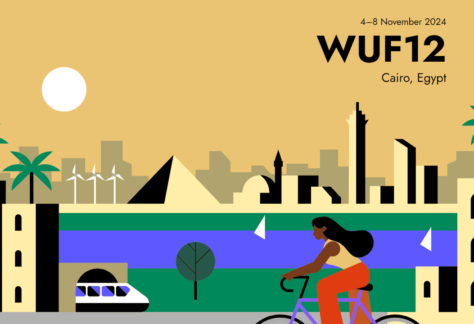
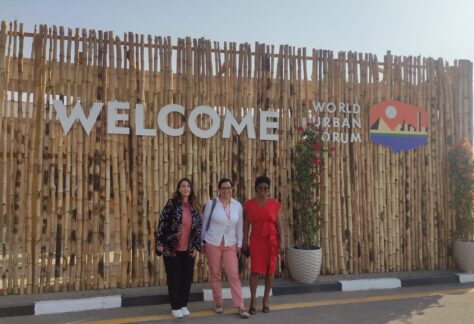
Cities and climate change
The intersection between urban development challenges and the climate crisis were a feature of the conference. Brenda Ávila, from the Mexican Red Cross, emphasized that “the topic of climate risks has increased the interest of society, organizations and governments, although there are still several issues that need to be addressed more broadly, such as the participation of vulnerable population groups, disaster risk reduction and early warning systems”.
During the Forum, UN-Habitat launched its flagship World Cities Report 2024: Cities and Climate Action. The report’s findings highlight that urbanisation has led to increasing exposure and vulnerability to climate risks, placing urban areas at the front lines of the climate crisis. By shining a spotlight on the impact of climate change on cities, this report also draws attention to the potential for cities as hubs for climate action through access to innovation and financing with a focus on resilient infrastructure and inclusive multi-level governance.
Carmen Martínez, Senior Officer for Shelter, Urban Resilience and Climate in the IFRC Americas Regional Office, commented that “WUF sessions on extreme heat, health, and housing revealed the interconnected nature of these issues and the urgency of integrating climate resilience into urban planning”.
Empowering local solutions
The theme of WUF12 recognised the central role of local actions in addressing the challenges of sustainable urban development. UN-Habitat Executive Director Anáclaudia Rossbach highlighted the importance of multilevel governance: “Local governments can find creative ways to overcome challenges, but resources are often controlled at the national level. The question is how we can make national frameworks work for real local needs.”
‘Global reach, local action’ is at the core of the Red Cross Red Crescent Strategy 2030, recognizing that the scale and urgency of the climate crisis requires collective momentum while understanding that the most impactful and sustainable actions are locally-led. “At different levels and sectors, decision-makers and key actors must have the knowledge to implement mitigation and adaptation measures at the local level, professionalizing the actors involved in daily life, from construction workers to teachers, community leaders, etc.”, said Brenda, from the Mexican Red Cross. Sandra D’Urzo, Senior Officer for Shelter at the IFRC, added that “we cannot address these challenges alone. At WUF, there are a lot of city actors that come together and build upon joint, collaborative efforts”.
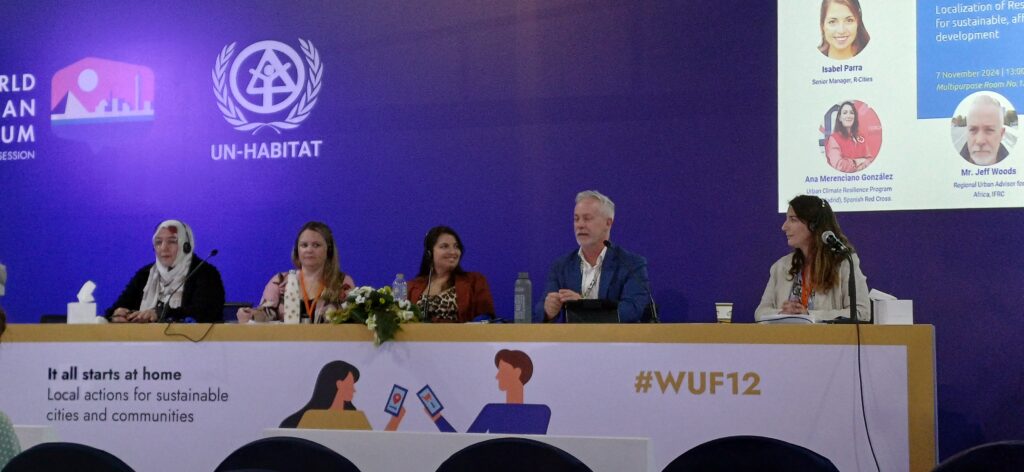
As part of a panel discussion, Ana Merenciano, from the Spanish Red Cross, and Jeff Woods, from the IFRC, together with panellists from ICLEI, R-Cities, the European Bank for Reconstruction and Development, and government representatives from Jordan and Australia, brought local voices into the global conversation. This presentation featured key messages on the power of participatory resilience measurement, through the Climate Resilience Measurement for Communities (CRMC) framework and tool, that allows for mapping of community resilience gaps and opportunities and provides a launch pad for working directly with communities, local authorities and other stakeholders to tackle multi-dimensional challenges. “During the panel, we shared our initiatives and lessons learned in Madrid and Valencia, from diagnosing urban communities, collaborating with local authorities, to implementing solutions to improve urban resilience by working directly with the community”, said Ana.
Taking a holistic and sustainable approach
For the Urban Climate Resilience Program and the Zurich Climate Resilience Alliance, the complexity of the urban context represents both a challenge and opportunity for strengthening climate resilience. As Brenda, from the Mexican Red Cross, highlighted “one of the great challenges is understanding the urban system and the prioritisation of dynamic and diverse needs, navigating the approaches and points of views of all of the actors involved and identifying key entry points to address climate resilience within a complex socio-cultural context.”
At the same time, the interconnected nature of cities means that there is space for collective action, significant potential for wide co-benefits and an appetite for collaboration and coordination across stakeholders. For Carmen, from the IFRC Americas Regional Office, “the lessons from WUF12 emphasize the importance of multi-stakeholder collaboration, community-driven approaches, and integrated solutions to complex urban challenges.”
As resilience programming continues to expand into urban contexts, it is necessary to take a systems approach that invests in understanding the wider dynamics of a city in order to identify effective multi-scalar pathways for strengthening sustainable climate resilience: “participation in WUF12 has reaffirmed the need to adopt a holistic approach that combines concrete community actions with advocacy work together with public administration, private and academic entities, in order to achieve a lasting impact on urban resilience”, said Ana, from the Spanish Red Cross.
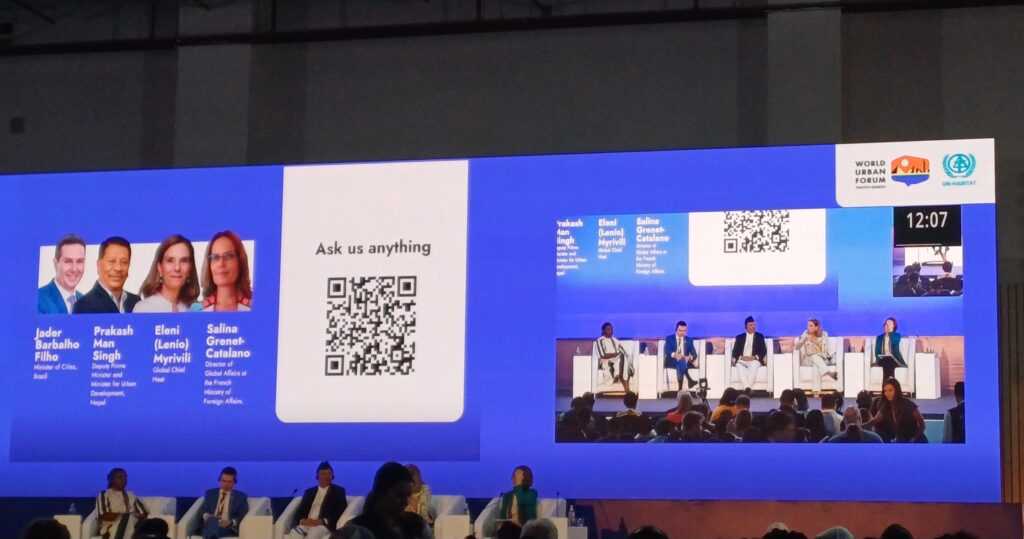
This blog was written by Brenda Ávila, Ana Merenciano, Carmen Martínez and Cale Johnstone. Learn more about the Urban Climate Resilience Program and the Zurich Climate Resilience Alliance and engage with urban practitioners by joining the Urban and Heat Learning Journey here.

